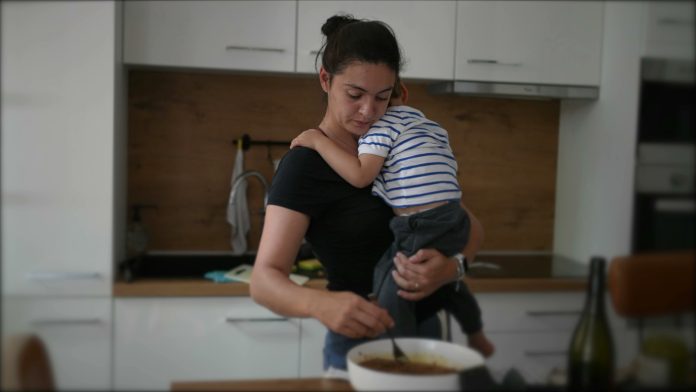New analysis from the Royal College of Psychiatrists (RCPsych) finds that almost two-thirds of Integrated Care Boards in England planned real-terms cuts to funding for perinatal mental health services in 2024-2025
Consistent progress has been made towards the NHS Long Term Plan target to provide maternal mental healthcare to 66,000 mothers, from pre-conception to 24 months after birth. As of February 2025 (the latest reporting period) a record 63,858 women were receiving specialist maternal and perinatal mental health treatment.
However, research from RCPsych highlights the current state of maternal mental healthcare and how Integrated Care Boards planned to cut investment in these services.
64% of Integrated Care Boards planned to cut investment in maternal mental health
RCPsych estimates that between April 2024 and March 2025, 27 of 42 (or 64%) Integrated Care Boards planned to cut investment in maternal mental health services after adjusting for inflation by £3.6 million (or -2.9%). However, this will only be confirmed when the final spending data is published in August. The greatest planned reduction in spending was in Frimley Integrated Care Board (-5.03%), followed by Norfolk and Waveney Integrated Care Board (-4.91%).
Furthermore, the NHS Long Term Plan’s target to increase access to perinatal mental healthcare was dropped from the recently published 2025/26 NHS Planning Guidance, which risks further cuts to investment over the coming financial year as commissioners divert funds elsewhere.
These cuts follow immense financial pressure on ICBs, and RCPsych notes that it is positive that the planned funding increases for maternal mental health services remain in 15 ICB areas.
Dr Livia Martucci, Chair of the Royal College of Psychiatrists Faculty of Perinatal Psychiatry, said: “Despite record numbers accessing specialist maternal mental health services, the need for help continues to outstrip service capacity. Huge strides have been made towards improving access, and we cannot afford to lose ground.
“Around one in five new and expectant mums develop perinatal mental illnesses such as anxiety, depression, eating disorders, post-traumatic stress disorder, and psychosis. Tragically, suicide caused by perinatal mental illness is also among the leading causes of maternal death in the first six weeks to a year after birth, leaving families devastated.
“The benefits of timely access to maternal mental health services are not only felt by mothers suffering from perinatal illness, but by their babies and their entire family network. The 10-Year Plan presents the perfect opportunity to build on the recent growth of services and prioritise the mental health of mothers and their children.”
RCPsych is calling upon the UK Government for continued support
In the UK, approximately 68% of women and 57% of men with mental health problems are parents. The most common mental health problems experienced during pregnancy and after birth are anxiety, depression and post-traumatic stress disorder (PTSD).
Statistics from the 2024 MBRRACE-UK report ‘Saving Lives, Improving Mothers’ Care‘ revealed that the maternal death rate in the UK has increased sharply, rising 53% for the period 2020-22 compared to the previous three-year reporting period. This rate is the highest it has been in almost 20 years.
The most common causes of death in women who died between six weeks and a year after giving birth were mental health-related, including suicide and drug and alcohol use.
RCPsych is calling on the UK Government to retain and reinforce the ambition of providing specialist maternal mental healthcare to all women who need it, including in the upcoming NHS 10-Year Plan.
The College is also calling on the UK Government to commit to serious investment in retaining and recruiting the perinatal mental health workforce, including addressing the day-to-day challenges staff face and ensuring staff can access comprehensive mental health and wellbeing support.











